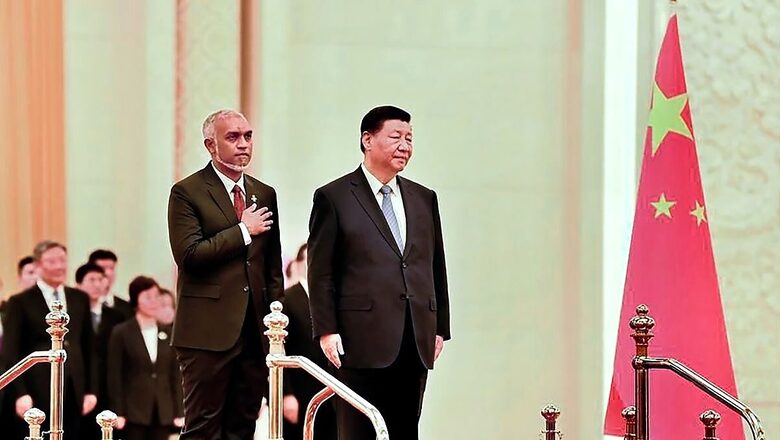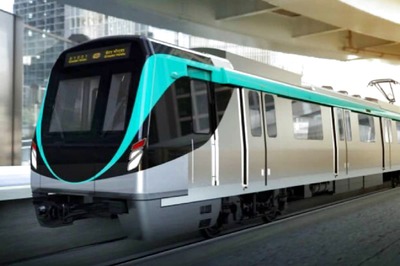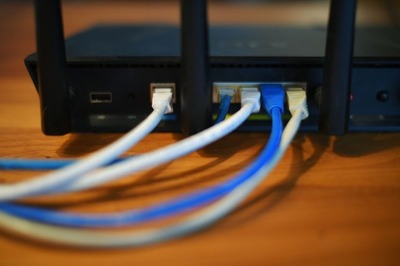
views
In a controversial move with far-reaching implications, the Maldives has decided to engage a Chinese firm for the ambitious redevelopment of Kadhdhoo Airport into an international hub. But, a red flag was raised over the Maldivian government’s decision as this company, CAMC Engineering, is on the sanctions list of the Asian Development Bank.
The agreement was signed between the Maldives and CAMC Engineering, which is a subsidiary of the state-owned conglomerate Sinomach, during President Mohamed Muizzu’s visit to Fonadhoo in Laamu Atoll earlier this week. Its groundwork was laid during Muizzu’s state visit to China from January 8 to 12. He had held talks with Sinomach chairman Zhang Xiaolun, and their meeting culminated in the signing of two agreements for infrastructure construction on two strategically chosen islands in the Maldives.
The Beijing-based firm, however, is on the Asian Development Bank’s published sanctions list. The regional development bank imposes sanctions on parties that have engaged in “fraudulent, corrupt, coercive, collusive, obstructive practices, or other integrity violations”, as per its guidelines.
While the finer details and cost of various projects under the latest agreement between the Maldives and China is yet to be announced, it encompasses a slew of ambitious sub-projects aimed at transforming Kadhdhoo Airport into a world-class aviation facility. From offshore bunkering services to a cruise terminal, super yacht marina, eco-resort, and transshipment port, the scope is nothing short of monumental.
Yet, amid the excitement and anticipation, there are concerns over the quality and cost-effectiveness of these endeavours. The Chinese firm has a notorious reputation of shoddy workmanship and inflated costs in similar projects in other countries in the region.
In Nepal, for instance, CAMC Engineering was tasked with the development of Pokhra International Airport. Last year, an investigation by The New York Times showed that the firm initially submitted a bid for $305 million, nearly double the cost estimate for the airport. After much criticism and favouritism allegations by political parties, CAMC lowered its bid to $216 million, reducing the cost by approximately 30 percent. Later, reports suggested that the quality of Chinese-made building material and the identity of vendors were also inadequately documented, contravening the terms of the contract with Nepal.
As Muizzu has once again turned to Chinese companies for major infrastructure projects, he also risks throwing the Maldives into the infamous “debt trap” under China’s ambitious Belt and Road Initiative (BRI) project. Several countries in Africa and many of India’s neighbours, including Bangladesh, Sri Lanka and Pakistan, have all faced the consequences of the Chinese lure of investment in development and prosperity.
The previous government in Male, led by Ibrahim Solih, was keen on reviewing and renegotiating many of the ongoing Chinese-backed projects. It had raised concerns about the financial implications and terms of these projects, including the high debt. One such infrastructure project was the China-Maldives Friendship Bridge built at a cost of $200 million.
A preliminary survey by overseas experts in 2011, while noting the viability of the project, had estimated a total cost between $70 million and $100 million. Several airport and housing projects, including thousands of housing units, were awarded to Chinese companies without following the due bidding process.
Later, when the Solih government came to power in 2019, former president Abdulla Yameen was found guilty of awarding construction contracts to Chinese companies at inflated prices. He was subsequently convicted of money laundering and sentenced to five years in prison and fined $1 million for embezzlement and other charges. Soon after Muizzu became president in November 2023, Yameen was freed from house arrest as a top court overturned his conviction in cases of money laundering and embezzlement.



















Comments
0 comment